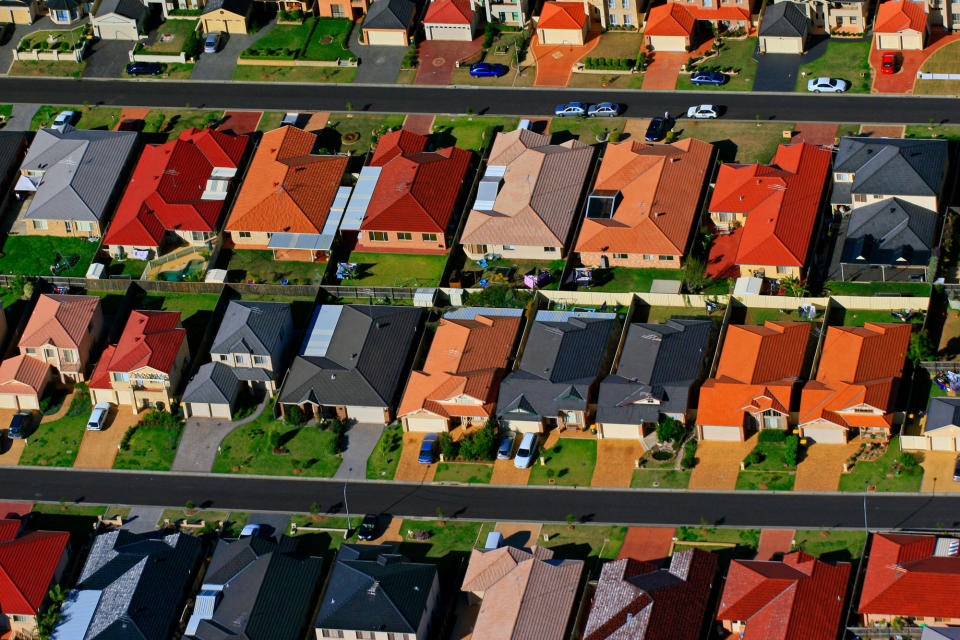Fear of buying too early will send property downturn deeper

Macquarie Group now forecasts the current downturn in Sydney’s housing market will be larger than it first anticipated, with likely price declines of 10-20 per cent.
The decline will wipe out price gains secured since 2015, putting buyers over the last three years into negative equity.
Also read: Mortgage lending plummets to four-year low
The report suggests the falls to date have so far “been orderly with little evidence of distressed selling”.
But it suggests the fear of buying too early by buyers waiting in the wings will send the market into deeper decline.
The report, Healthy Correction or Bruising Bust? says without any significant economic downturn the medium term, most likely scenario was several years of flat prices after the fall.
Also read: 9 ways to outperform slow property markets
“In June, we revised our expectations to be for a 4 to 6 per cent peak-to-trough fall in national housing prices and for a decline of around 10 per cent in Sydney,” wrote Justin Fabo and Ric Deverell, members of Macquarie Research’s economics team.
“Fast forward to now and it’s becoming clear that the extent of price declines is likely to be even larger.”

“The overall decline is now likely to approach 10 per cent… the largest peak-to-trough decline in nominal housing prices in almost 40 years.”
The report noted Sydney average dwelling prices had fallen 9 per cent already and were “currently falling at annualised monthly rates of roughly 10 per cent”.
Also read: Forget a pay-rise, Aussies want a “praise-rise”
“This suggests that Sydney and Melbourne housing prices are now more likely to fall by 15 to 20 per cent from the peak.”
It acknowledged the fall in Sydney prices “is already one of the largest on record”.
“Because of the extent of the rise in Sydney and Melbourne housing prices in recent years, even a 20 per cent peak-to-trough decline would merely take prices back to April/May 2015 levels,” they say.

“With the benefit of hindsight it is now clear that the housing price correction will be deeper.”
“Investor demand has moderated significantly amid price falls, and negative sentiment is weighing on both owner-occupier demand for housing (fear of buying too early) and the availability of credit as banks more rigorously apply lending criteria in the face of the risks associated with the Royal Commission (fear of being accused of irresponsible lending),” Fabo and Deverell noted.
They argued recent concerns over a potential credit crunch and Labor’s negative gearing potential impact are overblown.
“A significant curtailment of the availability of credit should see declining average loan sizes in addition to weak aggregate lending. We are seeing neither of those,” they say.
It also suggests the risk posed by proposed changes to negative gearing and capital gains tax from any Labor Government “will likely be small”.
This article was first published on Property Observer.
Make your money work with Yahoo Finance’s daily newsletter. Sign up here and stay on top of the latest money, news and tech news.

 Yahoo Finance
Yahoo Finance